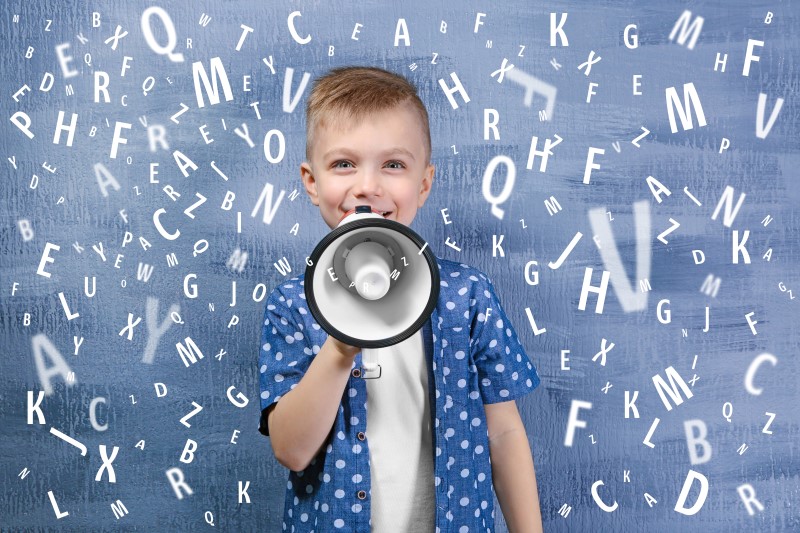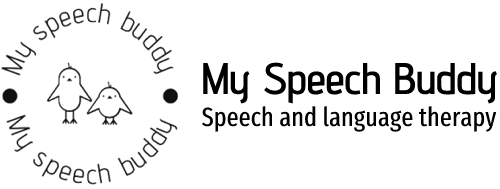FAQs

What is speech and language therapy?
Speech and language therapy support, treat and manage children and adults that have communication and /or eating, drinking and swallowing difficulties.
What does a speech and language therapist do?
Speech and Language Therapists (SLTs) work in a variety of settings such as schools, clinics, hospitals, nurseries and client homes. They assess and treat children and adults that have difficulties in communication, eating and drinking skills and swallowing. SLTs help people to communicate better. They also work closely with other health professionals to create an individual treatment/communication programme.
I’m not sure if my child needs to be seen by a speech and language therapist?
We offer a 15-minute free telephone consultation to see if your child needs a speech and language assessment.
What causes children to have speech and language difficulties?
There are many reasons as to why children have speech and language difficulties. The most common ones are:
- Lack of exposure to language – If children do not have enough exposure to language in their environment this can lead to delayed speech and language.
- Hearing – When children can’t hear properly, repeat words or make the correct sounds to form words, their speech can become affected. As a result, children may be difficult to understand in conversation.
- Family history – If a child has a speech and language delay / disorder, a stammer, Autism or other speech and language conditions then it is likely that this will be a significant risk factor for a speech and language difficulties.
- Attention and listening – Some children have difficulties concentrating and listening which can affect their language development.
As a parent / carer, how can I help / support my child?
As a parent / carer, you can support / help your child’s speech and language skills in the following ways:
- Talk to your child every day. Name objects they play with and comment on what and who they are playing with. Name the people, objects and events that you see in a book. Read with them as much as possible and comment on what is happening in the story. Try to reduce the number of questions as this can become overwhelming and challenging.
- Talk to your child during everyday routines such as mealtimes, bathtime and bedtime.
- Get down to your child’s level when talking.
- Introduce new vocabulary whenever you can. If they are going to the park talk about what they can see e.g. grass, trees, birds, dogs, people and expand on single words e.g. the grass is green. The dogs are barking etc. Talk about holidays, birthdays and special occasions and events.
- Engage in repetitive singing, games and nursery rhymes to help with learning new words.
- Model back the correct words without pressure for the child to correct themselves.
